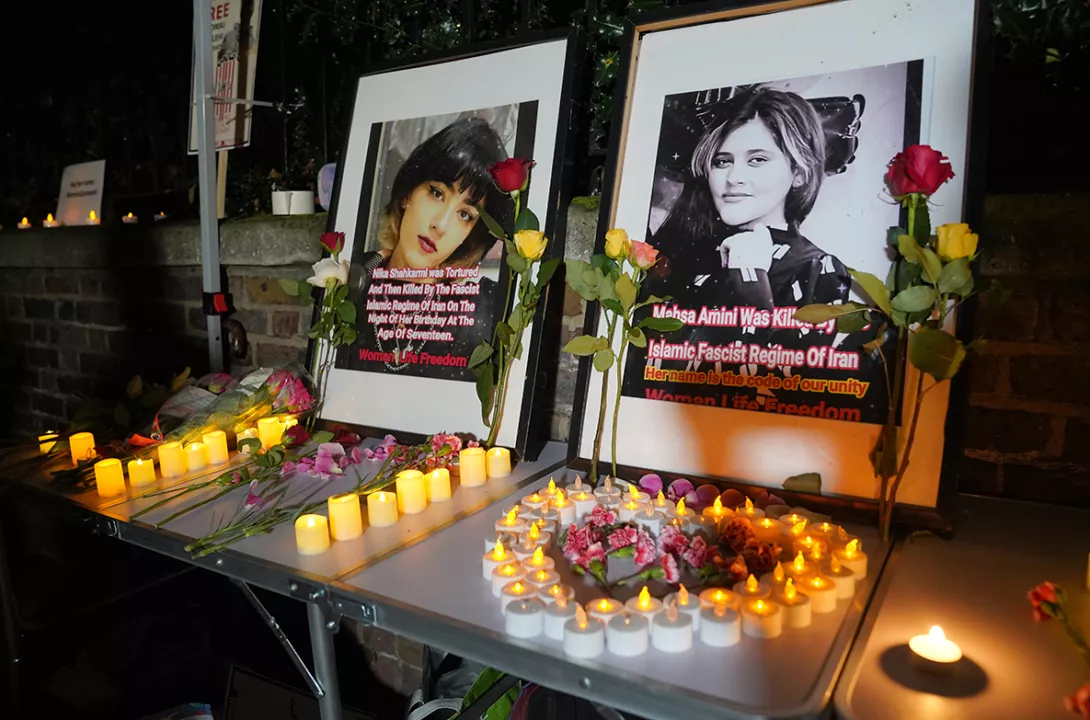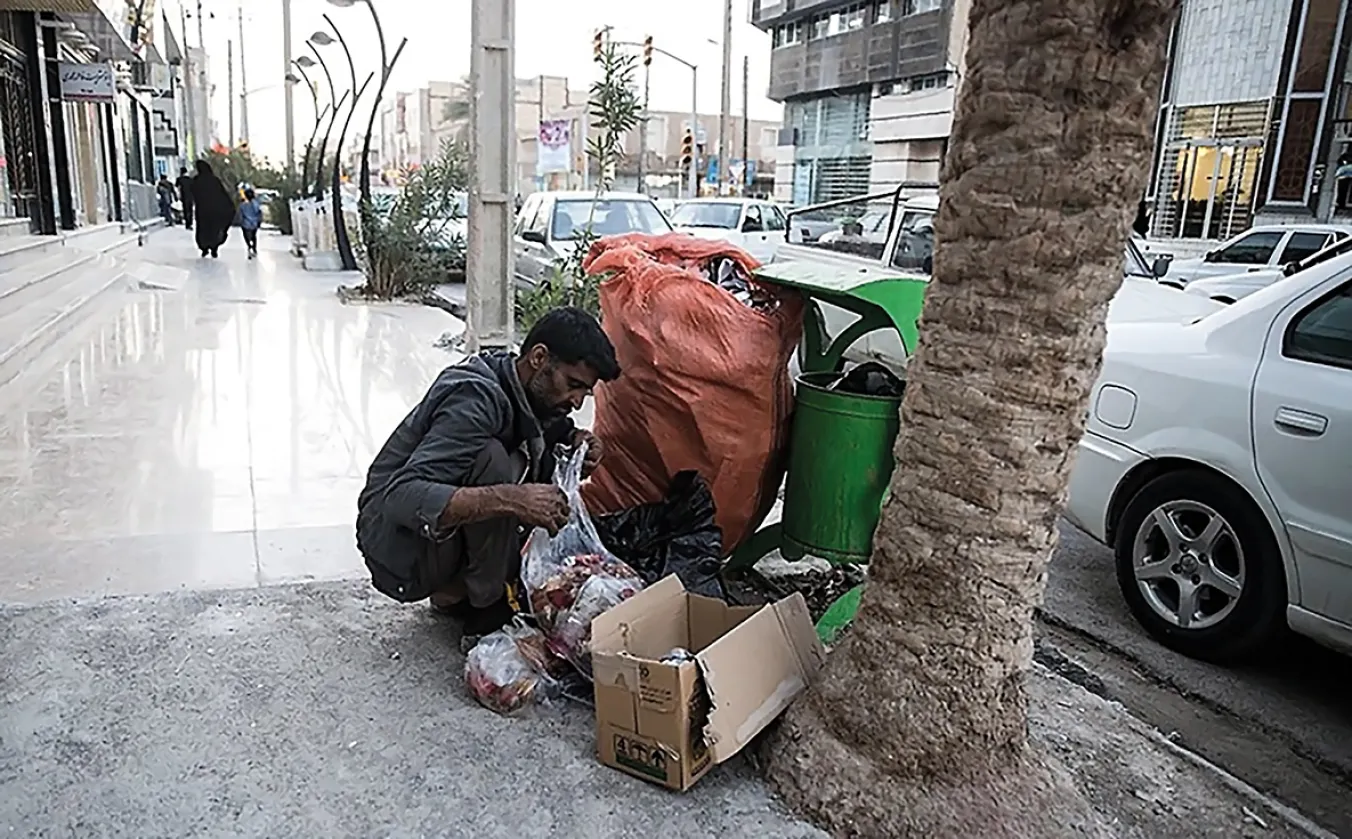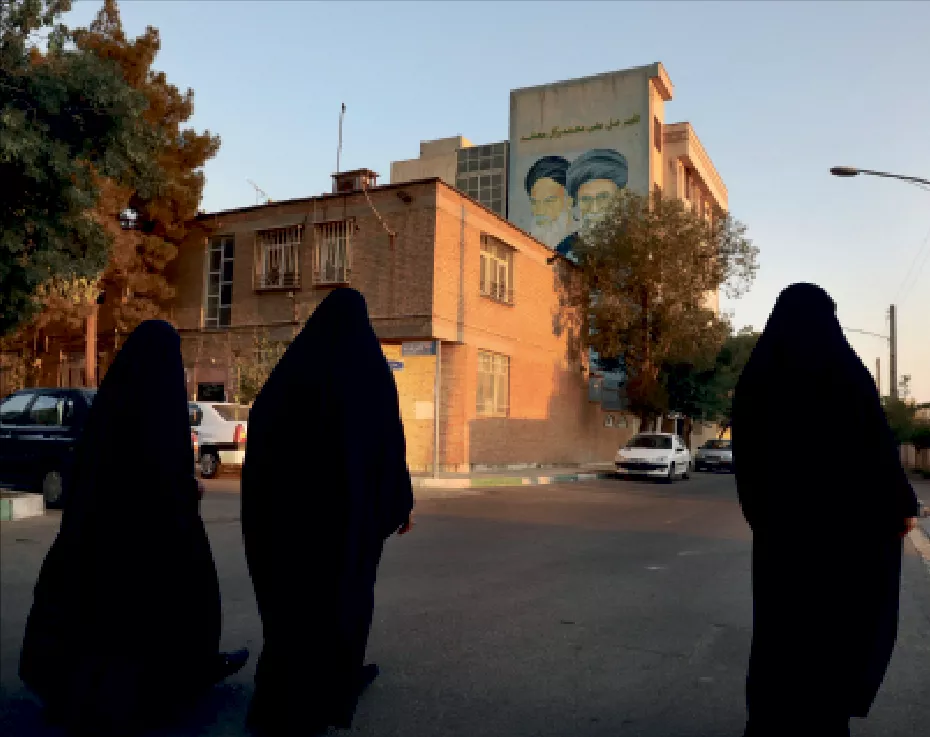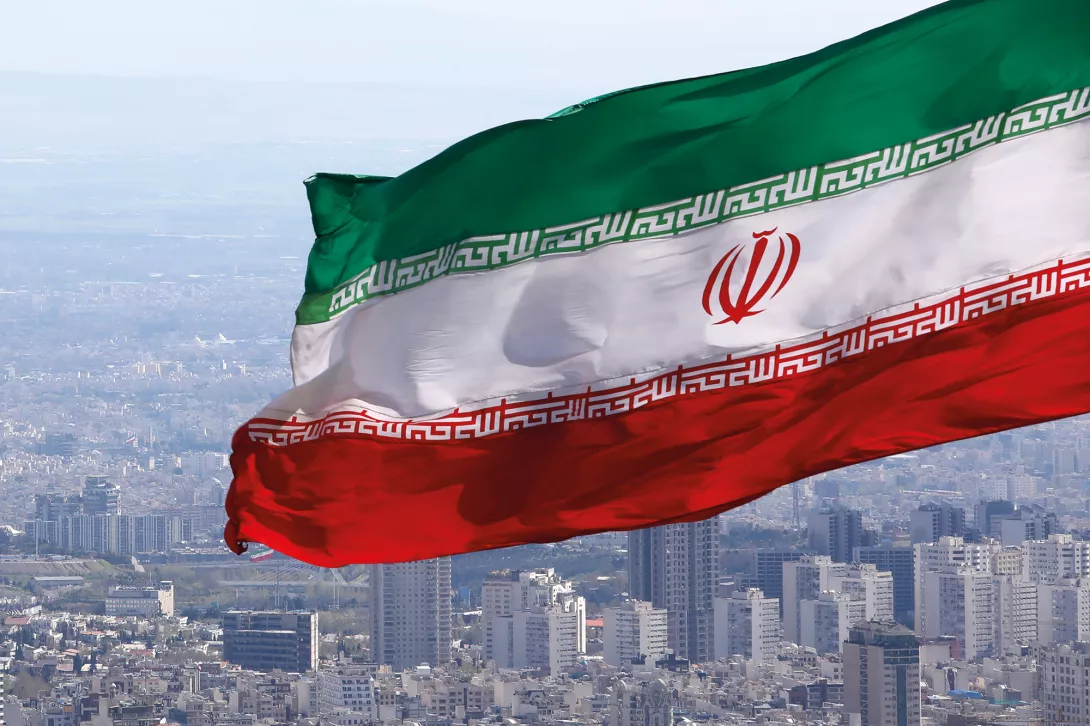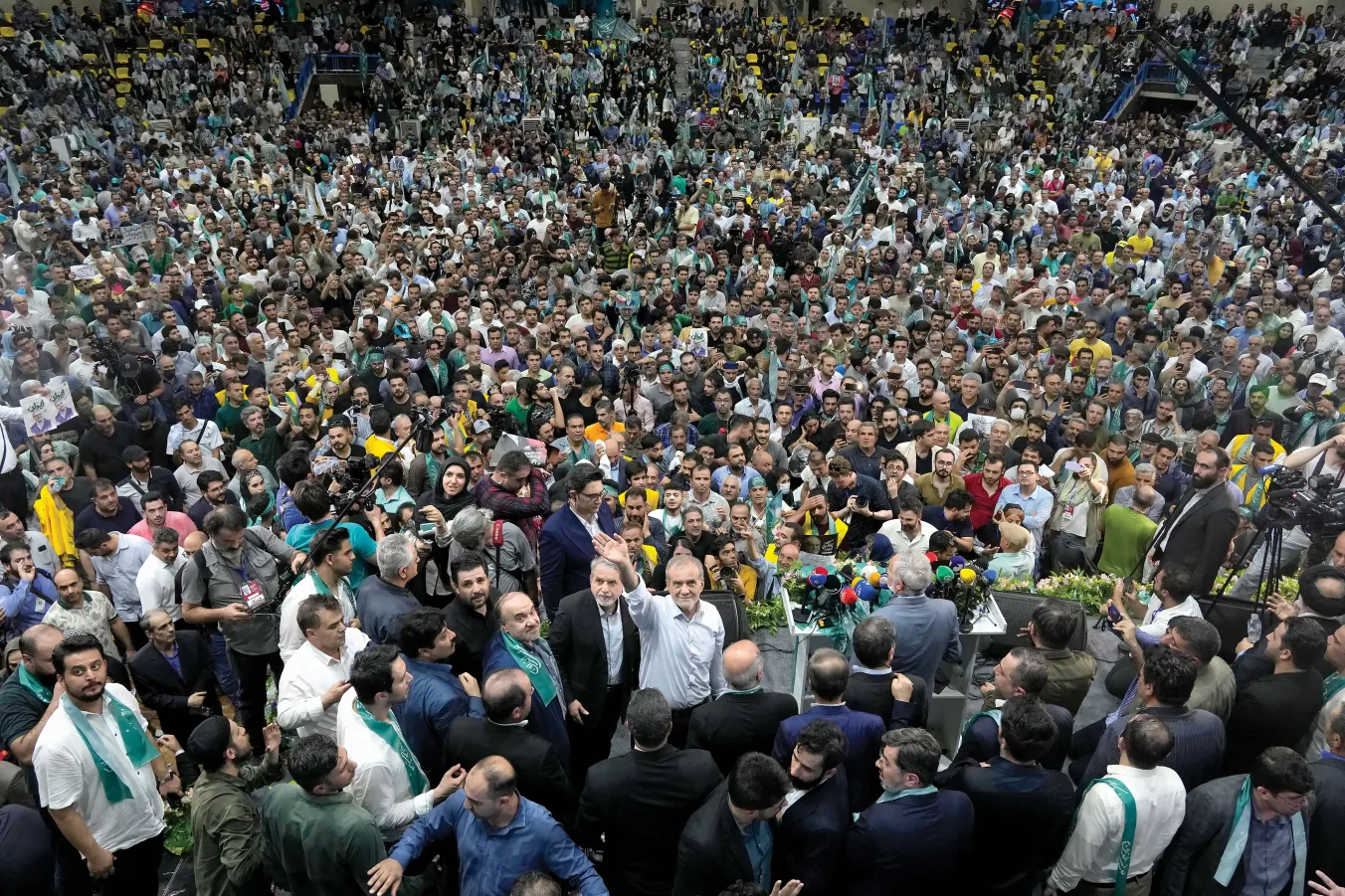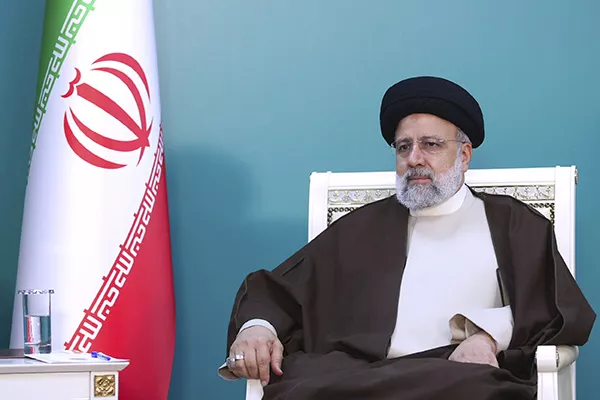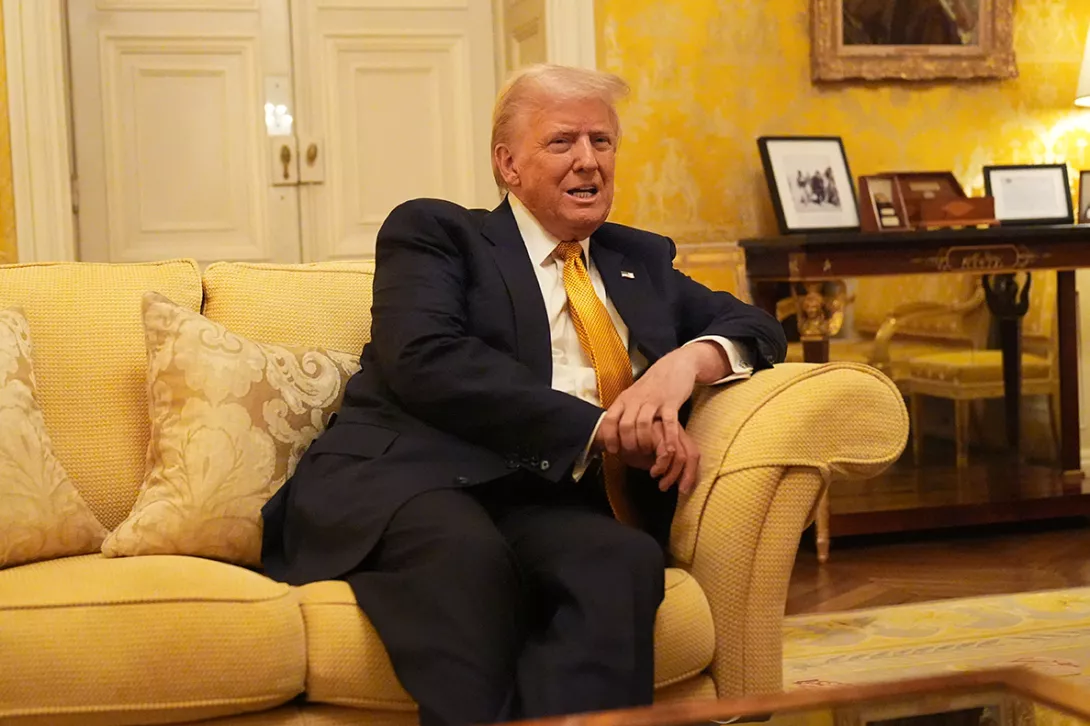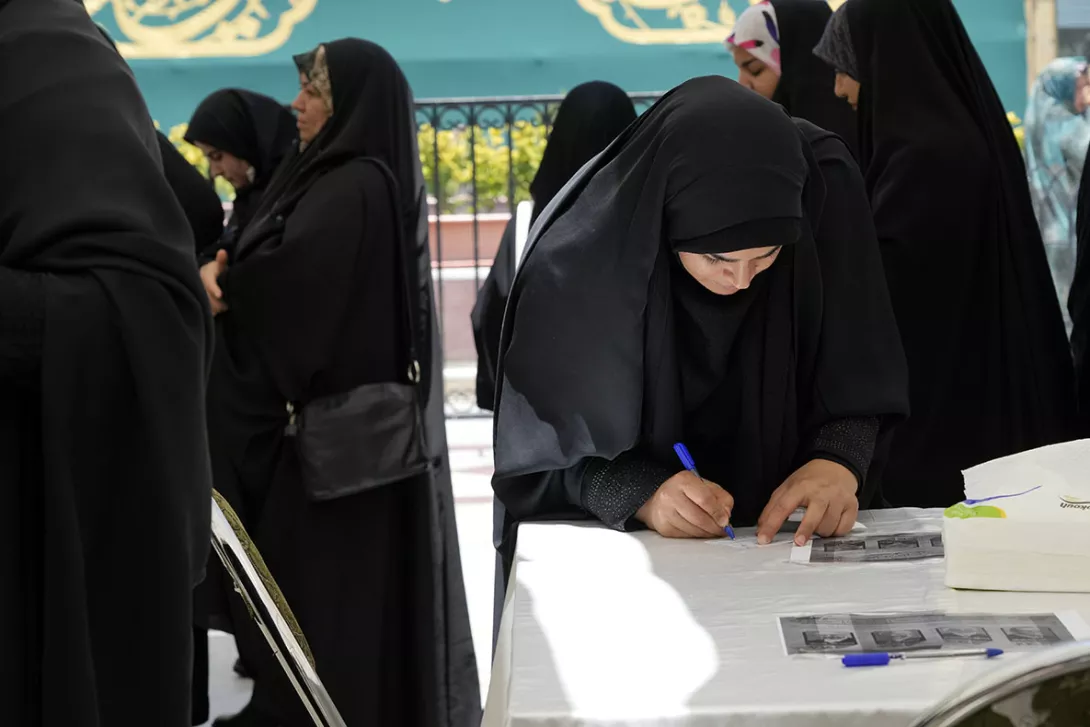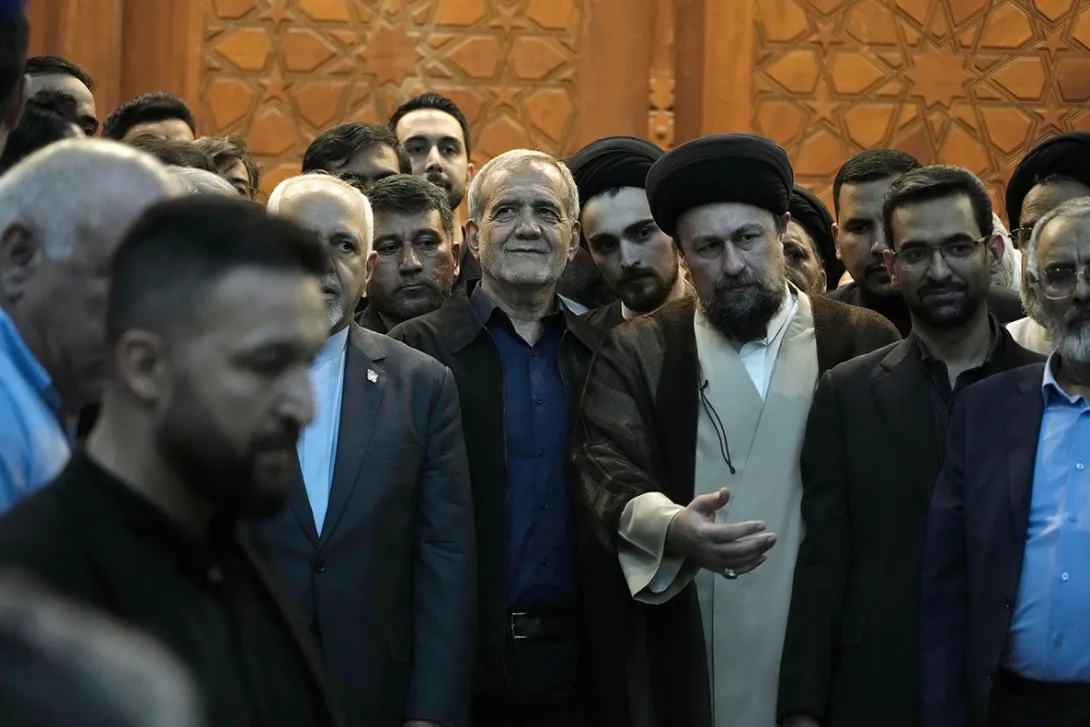
ON Saturday June 6 2024, the election machinery of the Islamic Republic of Iran (IRI) brought about the appointment of a new president, Dr Masoud Pezeshkian. This charade of an election took place at a time when that theocratic regime finds itself mired in an acute multi-faceted crisis deeply impacting upon the economic, political, and social life of Iran.
Held barely two months after the criminal former president Ebrahim Raisi was killed in a bizarre helicopter incident along with his foreign minister and other senior advisers, the manipulation of the process to elect his successor was supposed to provide a distraction, and thus respite of sorts for the regime, from the continually simmering tensions domestically and the troubles looming beyond Iran’s frontiers, both regionally and globally.
On the one hand, the clerical regime is facing a sharpening crisis of legitimacy at home in the eyes of the Iranian public. On the other, it faces the very real prospect of a catastrophic spillover of Israel’s bloody campaign against Gaza and the Palestinian people into a regional war drawing in the IRI and its proxy forces. That is not to mention the growing pressure on the regime owing to its, as of now, unchecked uranium enrichment programme.
Despite outward appearances and false projections, the elections in Iran are wholly undemocratic as the regime, through its Council of Guardians, vets a shortlist of suitable candidates before they are allowed to enter the contest. Thus, all candidates are ultimately checked and approved, or not, by the unelected Supreme Leader of the IRI, Ayatollah Ali Khamenei.
The Supreme Leader is the de facto head and absolute ruler of the theocratic regime that has presided over Iran and its people through ruthless oppression for over 40 years now. Supposedly to safeguard the realm, nothing of significance can be decided or acted upon in terms of Iran’s internal or external policies without his prior approval. All three branches of the state are utterly subservient to Khamenei’s diktat.
Consequently, in the Islamic Republic of Iran, all elections are carefully engineered end-to-end so as to ultimately deliver a “suitable” president. Of fundamental importance to the regime is to give the appearance of a high turnout at the polls and thus maintain a facade of legitimacy.
This it does through blatant vote rigging. The regime has, over the years and several electoral processes, perfected a method for appointing the president and members of the parliament ensuring the entire state apparatus is compliant with the governing doctrine of “political Islam” as overseen by the Supreme Leader.
Pezeshkian, a former heart surgeon and longtime regime acolyte, acknowledged this state of affairs in his election campaign, repeatedly stating that his programme would not transgress beyond the confines of the strategic framework policies declared by the Supreme Leader. This lays bare the meaninglessness of the billing and fanfare that somehow touts Pezeshkian as a “reformist.”
The ruling theocratic dictatorship as a whole, particularly the Supreme Leader at its head, is deeply discredited in the eyes of the vast majority of Iranian people. Over three decades of harsh neoliberal economics, beginning with brutal shock therapy, in line with IMF prescriptions and the Washington Consensus, have had a devastating socioeconomic impact upon the Iranian people.
